Britain & Ireland
What was it about industrialisation that led to the emergence of a woman’s movement in Victorian Britain? Why do we see so many people fighting for so many rights and liberties in this period and what are the origins of some of the issues we still campaign on today? This section includes our major series on Social and Political Change in the UK from 1800 to the present day. There are also articles and podcasts on the often violent relationship between England and Ireland during this period and England’s changing relationship with Scotland and Wales. Read more
Sort by:
Date (Newest first) | Title A-Z
Show:
All |
Articles |
Podcasts |
Multipage Articles
-

The British Empire on trial
ArticleClick to view -

The British General Strike 1926
ArticleClick to view -
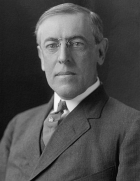
The British Government's Confidential Files on the United States
ArticleClick to view -

The British Union of Fascists: the international dimension
ArticleClick to view -

The British soldier in the Revolutionary and Napoleonic wars
ArticleClick to view -

The Cambridge Anthropological Expedition to the Torres Strait 1898-1899: The birth of social anthropology?
ArticleClick to view -

The Centenary of the First World War: An unpopular view
ArticleClick to view -
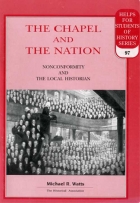
The Chapel and the Nation
ArticleClick to view -

The Coming of War in 1939
ArticleClick to view -

The Coronation of King Charles III
ArticleClick to view -
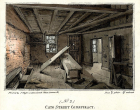
The Diabolical Cato-Street Plot
ArticleClick to view -

The Duke of Wellington and the little man on the cob
ArticleClick to view -
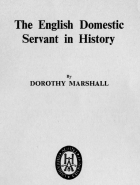
The English Domestic Servant in English History
ArticleClick to view -

The Englishness of George Orwell
ArticleClick to view -
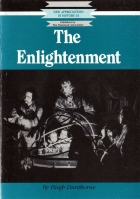
The Enlightenment
ArticleClick to view -

The Evolution of the British Electoral System 1832-1987
ArticleClick to view -

The Friar's Bush
ArticleClick to view -

The Gallipoli Memorial, Eltham
ArticleClick to view -

The Georgian Papers – a virtual ‘madness’
2nd December 2019Click to view -

The German prisoner-of-war camp in Dorchester
ArticleClick to view

